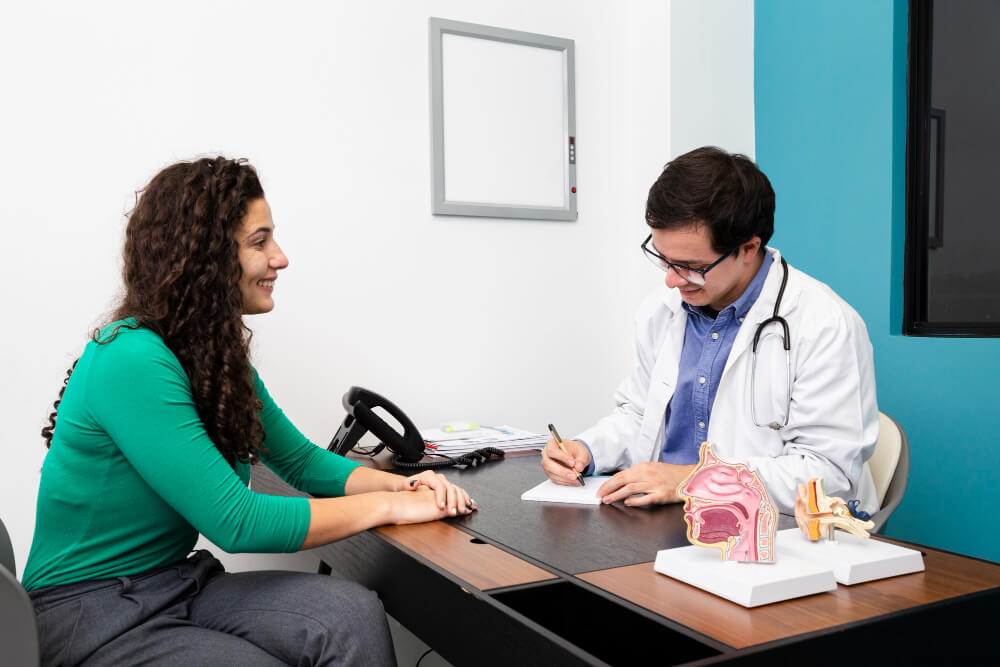Sore Throat: PCPs, Walk-In Clinics, and Relief Strategies
The vibrant Texan landscape offers year-round adventures, but sometimes, a scratchy or sore throat can put a damper on your plans. A sore throat, a common ailment affecting millions each year, can range from a mild inconvenience to a more serious condition. This article explores your options in Texas, highlighting the roles of primary care physicians (PCPs) and walk-in clinics in navigating a sore throat and finding relief.
Understanding the Culprit: Causes of a Sore Throat
Most sore throats are caused by viruses, often associated with the common cold or the flu. These viruses irritate and inflame the tissues in the back of your throat, causing the familiar scratchy or painful sensation. Other potential causes of a sore throat include:
- Bacterial infections: Strep throat, a bacterial infection, can cause a severe sore throat along with fever, swollen lymph nodes, and difficulty swallowing. Unlike viral infections, strep throat typically responds well to antibiotics prescribed by your PCP.
- Allergies: Seasonal allergies or irritants like dust or smoke can trigger a sore throat. Allergies often cause other symptoms like a runny nose, itchy eyes, and sneezing alongside the sore throat.
- Dry air: Dry air, especially during winter months in Texas, can irritate the throat and cause soreness. Using a humidifier at home can add moisture to the air and soothe a dry, scratchy throat.
- Irritants: Smoking, secondhand smoke, and certain medications can irritate the throat. Eliminating these irritants can help alleviate a sore throat.
- Overuse of your voice: Excessive talking or yelling can strain the vocal cords and lead to a sore throat. Singers, teachers, and public speakers are particularly prone to this type of sore throat. Resting your voice and using proper vocal techniques can help prevent future occurrences.
When to See Your PCP vs. a Walk-In Clinic:
While a sore throat can be bothersome, it’s usually not a cause for immediate alarm. However, knowing when to seek medical attention is crucial. Here’s a guide to navigating your options in the Texan healthcare landscape:
When to See Your PCP:
- Persistent Sore Throat: If your sore throat lasts longer than a week, it’s best to consult your PCP. This could indicate a more serious underlying condition, such as mononucleosis or tonsillitis. Early diagnosis and treatment from your PCP can lead to a faster recovery and prevent complications.
- Severe Symptoms: If your sore throat is accompanied by fever, swollen lymph nodes, difficulty swallowing, or a white coating on your tonsils, see your PCP for diagnosis and treatment. These symptoms can be signs of strep throat, a bacterial infection requiring antibiotics, or other conditions needing evaluation by your PCP.
- Unusual Symptoms: Any unusual symptoms like a rash, earache, or difficulty breathing warrant a visit to your PCP. These could be signs of a more serious condition requiring prompt medical attention.
- Pre-Existing Conditions: Individuals with weakened immune systems or chronic health conditions like diabetes or HIV should consult their PCP sooner rather than later for a sore throat. Their compromised immune systems may make them more susceptible to complications from even a common sore throat.
When a Walk-In Clinic Can Help:
- Mild Sore Throat: For a mild sore throat that seems like a typical cold, a walk-in clinic can be a convenient option. They can provide symptomatic relief and offer over-the-counter medications to manage discomfort. Walk-in clinics are often open extended hours and on weekends, making them a good choice for immediate care when your PCP’s office is closed.
- Weekend or After-Hours Care: If your sore throat arises outside of your PCP’s office hours or on weekends, a walk-in clinic can offer immediate care. This can be particularly helpful if your sore throat is causing significant discomfort and you’d like to seek relief sooner rather than later.
- Non-Urgent Symptoms: For a non-urgent sore throat with no severe symptoms, a walk-in clinic can provide a quicker solution than waiting for a PCP appointment. Walk-in clinics are typically faster-paced environments than a PCP’s office, allowing you to be seen by a healthcare professional and get on your way to recovery quicker.


